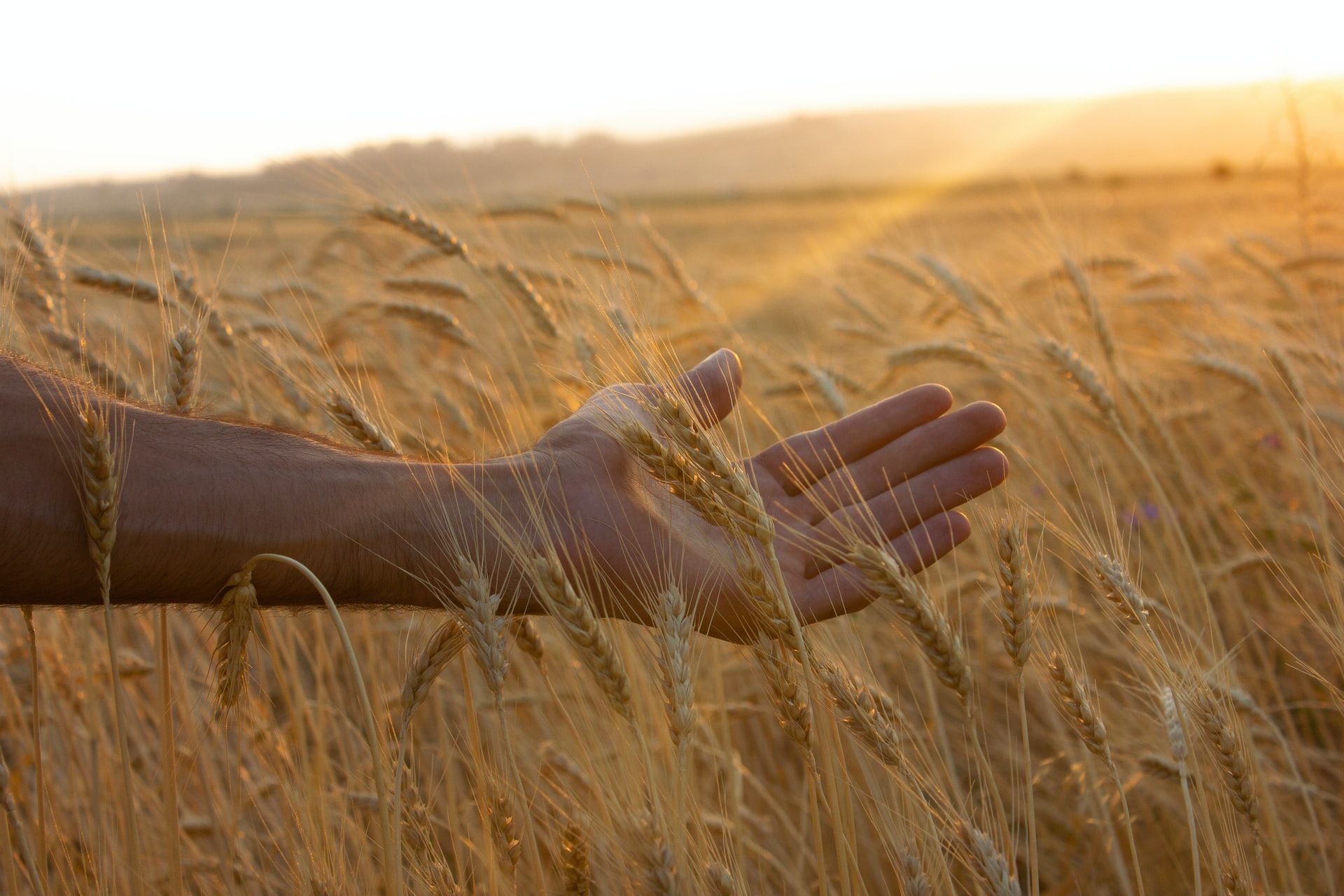
In the face of record malnutrition, Isabel Choat‘s article in The Guardian emphasises the urgent need for aid to prevent people from suffering and dying.
“Dr Neal Russell, a paediatric adviser with MSF, says: “There is a path towards death that people travel. Until they are at a late stage, deficiencies can be corrected by giving food, but beyond a certain point the body cannot regulate itself, even with treatment.” (…) Though malnutrition affects millions of people, especially children, there is still much that is unknown about it.”
“What is known is that most people suffering from malnutrition die from disease or infection rather than starvation itself. Lack of food affects the immune system, shrinking the lymph nodes so they produce fewer white blood cells. The existing white blood cells don’t have sufficient energy to do their job in fighting off bacteria or healing a wound. A person is much more vulnerable to diseases such as malaria or conditions such as pneumonia and sepsis.”
A dystopian crisis
““Zero hunger” by 2030 was one of 17 sustainable development goals set out by the UN in 2015. Today, the UN predicts that the number of people affected by hunger will surpass 840 million by 2030. Far from the situation improving, millions are trapped in the worst hunger crisis in living memory. The World Food Programme says 50 million people in 45 countries are teetering on the edge of famine.”
““A few years ago, things were gradually getting better and now it is going in the other direction, rapidly. It’s extremely worrying when you think about the impact on real people. What shocks me is the lack of outrage – it’s horrifying,” Russell says.”
“A letter to UN member states as they gather for the 2022 UN general assembly this week was the latest call for immediate funding to prevent suffering now and in the future. “In a world of plenty, leaving people to starve is a policy choice,” reads the letter, which is signed by 238 NGOs. “The lack of political will and institutional failure to act quickly before the worst case hits means people are being left to lurch from crisis to crisis. People are not starving; they are being starved.””
“These are needless deaths that will be largely ignored by a world distracted by extreme weather, the cost of living crisis and political upheavals. Aid agencies have the knowledge and ability to address food insecurity, but not the funding, says Alexandra Rutishauser-Perera, head of nutrition at Action Against Hunger UK. “We know how to [address food insecurity] better and better, but we are not given the means to implement all we know. Aid is not arriving fast enough and is not large enough to improve the situation. For the moment, it’s about trying to reduce the number of lives being lost.””
“Russell describes watching this crisis unfold before his eyes as “dystopian”. He feels a responsibility to communicate what hunger does to people, but struggles to find the right words. “I can go into my safe zone [using medical terminology], but I have never found the language to describe the horror and injustice of seeing a child dying from malnutrition.””
This article was first published by Isabel Choat in The Guardian.


Recent Comments